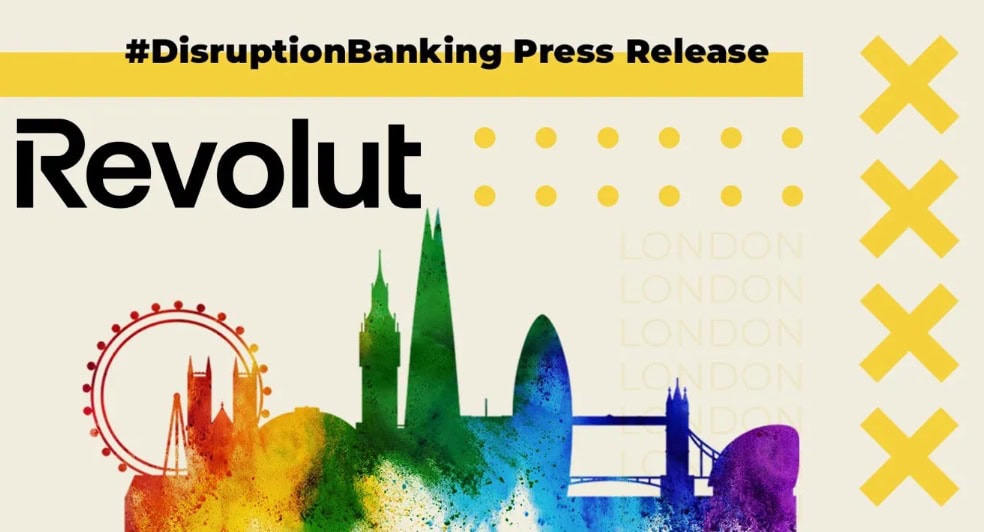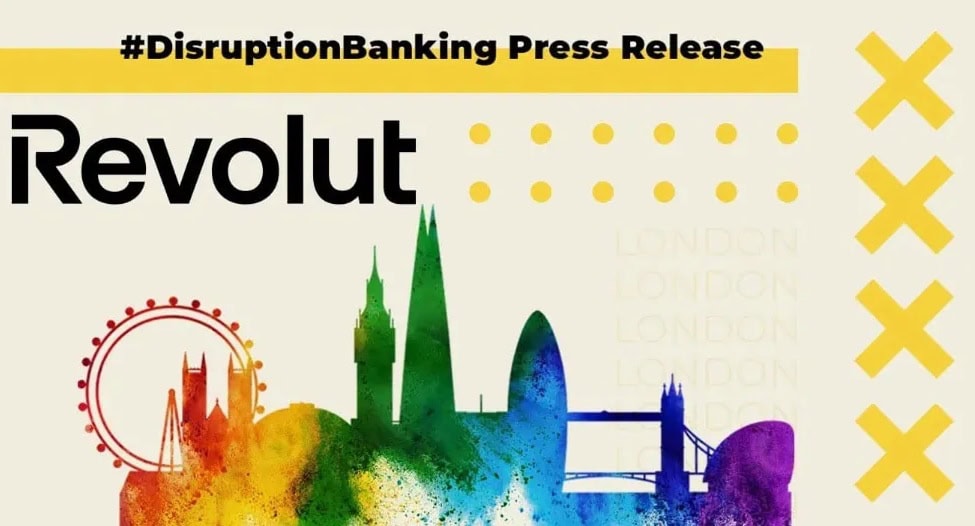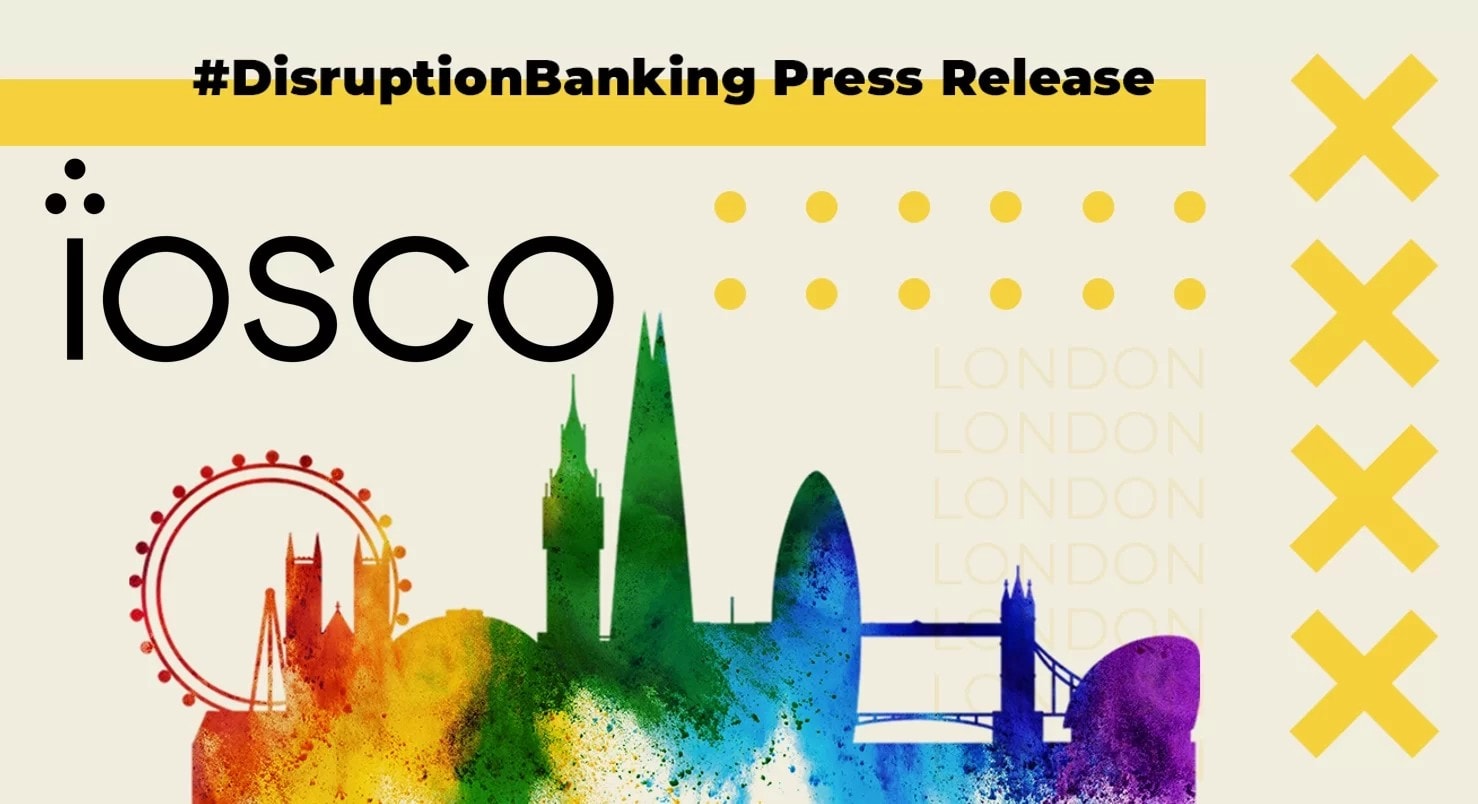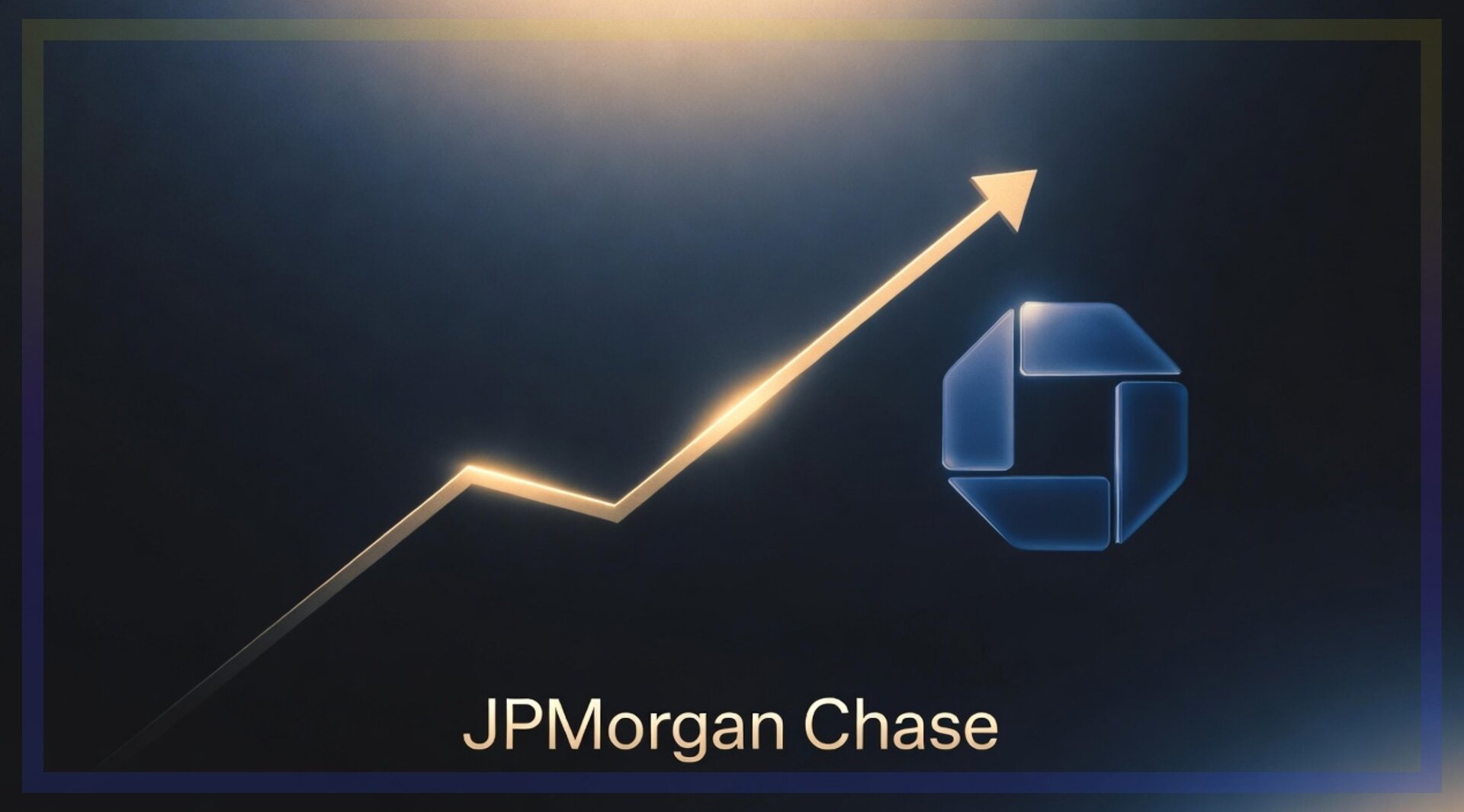- Only 17% feel very confident in their ability to spot fake websites or scam offers online or on social media with just 12% of women say they’re very confident, compared to 22% of men
- 1 in 6 have been scammed while shopping online – rising to 1 in 5 Gen Z (21%)
- 10% of millennials will do the majority of their Black Friday shopping on social media sites Instagram, TikTok Shop and Facebook, the most out of any other generation
As Black Friday approaches, new research from Revolut, the global fintech, reveals a lack of confidence amongst Brits as few trust their ability to spot a fake website or a scam offer, with many already paying the price.
The research found that only 17% feel ‘very confident’ in their ability to spot fake websites or scam offers online or on social media. That confidence drops sharply among certain groups with just 12% of women saying they’re very confident, compared with 22% of men.
Millennials are the most confident generation (30%), followed by Gen Z (22%), Gen X (13%). At the other end of the scale, 1 in 10 Boomers say they’re not confident at all in spotting a scam online, leaving them at most risk of being scammed.
However, confidence doesn’t always mean protection. Despite Millennials being the most confident generation, 20% have lost money to scammers whilst shopping online with the majority losing between £100-£250 (23%) and 7% losing over £1,000. Millennials are the most likely to do their shopping on social media, with 10% planning to do the majority of their Black Friday shopping on Instagram, TikTok Shop or Facebook, more than any other generation, including Gen Z (6%).
More broadly, most victims lost between £50 and £100 (30%) to fake sites and shopping scams, while 4% lost over £1,000, with men twice as likely as women to suffer high-value losses (6% vs 3%).
Woody Malouf, Head of Financial Crime at Revolut said, “The data shows that while Brits are becoming more aware of scams, confidence lags behind. As shopping increasingly moves to social media platforms, fraudsters are getting smarter at mimicking trusted brands. The best defence is caution, if it’s too good to be true, it often is and always shop from reliable websites with good reviews.”
While the data does reveal that Brits are starting to become more diligent when shopping online including shopping from trusted websites or apps (66%) avoiding clicking on links in emails or social media ads (60%) checking the website URL (39%), it’s clear there’s still a disconnect and Brits are still losing to ever increasing sophisticated scams. Shockingly, 4% of Brits take absolutely no precautions at all when shopping online.
How to stay safe: Revolut’s top tips to recognise online scams
- Scammers set up fake retailer websites so that they look exactly like genuine online retail stores. This is done to both steal victims’ money when they make the purchase but also to obtain personal and card data.
What to do: carefully check the website’s URL to verify that it is the real one you intend to shop with
- Some sites sell expensive items (electronics, jewellery or clothing brands) at very low prices. Sometimes shoppers will receive the item they paid for but they will be fake or other times they will receive nothing at all.
What to do: if it’s too good to be true, it often is. Look for online reviews from other customers to verify the reliability of the retailer - Sometimes scammers use social media platforms to set up fake online stores. The stores open for a short time and then disappear after some sales are made.
What to do: do not trust social media pages/accounts recently opened and with many positive reviews, they could be fake and written just to lead people to think that they are genuine
- Fake shipping messages and phishing emails increase during busy periods like Black Friday.
What to do: track packages directly from the retailer, or the shipping company’s website, and always check the sender’s address — watch out for subtle spelling mistakes. If in doubt, never click a link!
Methodology
Study conducted by Dynata of 1,000 national representative sample of consumers in the UK in October 2025.
See Also:
Revolut Smashes Records with $75 Billion Valuation – Up 67% in Just 3 Months | Disruption Banking















